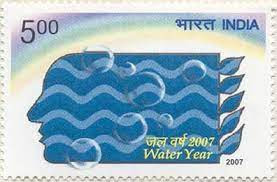The Pueblo Revolt, also known as Popé's Rebellion, was a significant uprising of Pueblo Native Americans against Spanish colonial rule in what is now the southwestern United States. Here are more details about this historical event:
Date: The Pueblo Revolt began on August 10, 1680, and culminated on August 21, 1680.
Background: In the late 16th and early 17th centuries, Spanish explorers and settlers established colonies in present-day New Mexico. The Spanish imposed their culture, religion (Christianity), and governance on the Pueblo people, which led to tensions and resistance.
Leader: The rebellion was led by a Pueblo religious leader named Popé (also spelled as Po'pay or Po'Pay). He was from San Juan Pueblo and had experienced the negative effects of Spanish rule on Pueblo culture and traditions.
Causes: The Pueblo people faced oppression, forced labor, and the suppression of their traditional religious practices by the Spanish authorities. The imposition of Spanish culture and the suppression of Pueblo cultural elements fueled resentment and anger among the indigenous population.
Revolt: Popé organized a coordinated uprising among various Pueblo communities, uniting them against the Spanish. On August 10, 1680, Pueblo messengers delivered knotted cords, known as "knot records," to signal the time for the rebellion. The Puebloans launched a surprise attack on the Spanish settlements, killing priests, settlers, and soldiers.
Outcome: The Pueblo Revolt was successful in driving the Spanish out of the region. The Pueblo people expelled the Spanish settlers from Santa Fe and other settlements, effectively reclaiming their land and freedom. The revolt resulted in the destruction of churches and symbols of Spanish rule.
Aftermath: The Pueblo Revolt had a lasting impact. The Spanish eventually returned to the region in 1692 and regained control of New Mexico, but they adopted a more tolerant approach to Pueblo culture and traditions. The Spanish recognized the importance of allowing greater religious and cultural autonomy for the Pueblo people.
Legacy: The Pueblo Revolt remains a significant event in Native American and colonial history. It is often seen as a successful indigenous resistance movement against colonial oppression and cultural assimilation.
The Pueblo Revolt stands as a testament to the resilience and determination of the Pueblo people to defend their way of life and regain control over their ancestral lands.









